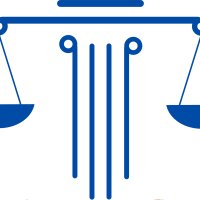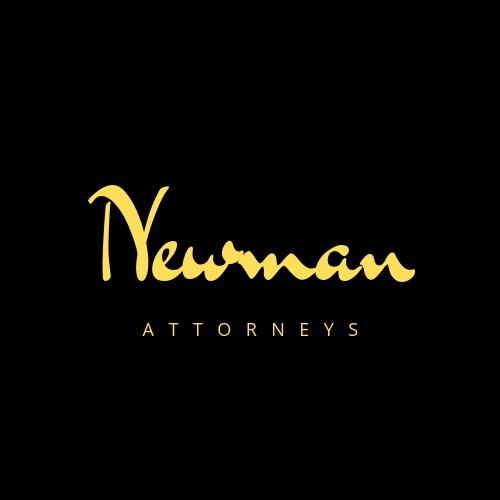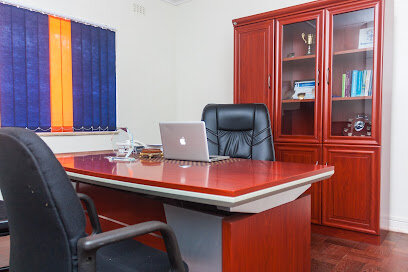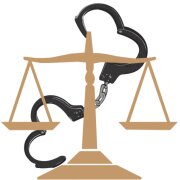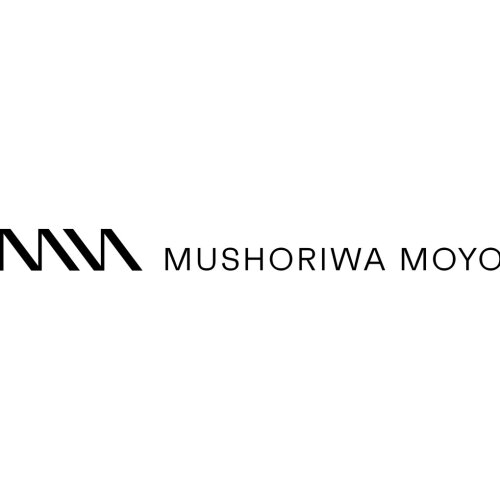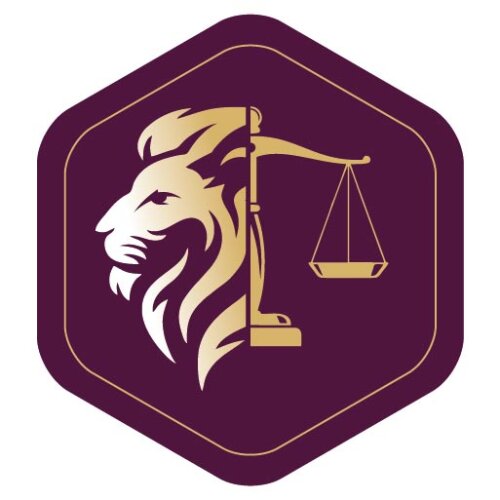Best General Litigation Lawyers in Harare
Share your needs with us, get contacted by law firms.
Free. Takes 2 min.
List of the best lawyers in Harare, Zimbabwe
About Litigation Law in Harare, Zimbabwe
Litigation in Harare, Zimbabwe, involves the process of taking legal action in the civil courts to resolve disputes between parties. This can include a wide spectrum of cases ranging from contractual disagreements and property disputes to personal injury claims and commercial litigations. Harare, being the capital city, houses many legal institutions, including the High Court, which deals with important civil cases. The litigation process can be complex and typically involves pre-trial procedures, an actual trial before a judge or magistrate, and sometimes, an appeal process.
Why You May Need a Lawyer
There are various situations where individuals or businesses in Harare may require the help of a lawyer specializing in litigation. These can include:
- Contractual Disputes: Whether you're a business owner or an individual, disagreements over the terms or fulfillment of a contract can arise, necessitating legal intervention.
- Property Disputes: Issues regarding land ownership, property rights, or leases often require litigation to resolve.
- Family Law Issues: Divorce, child custody, and support issues can become contentious and may end up in court.
- Commercial Litigations: Business-related disputes may involve complex interactions and resolutions through litigation.
- Employment Disputes: Unfair dismissal or other controversies between employers and employees might need legal resolution.
Local Laws Overview
In Zimbabwe, the legal framework governing litigation is primarily based on the common law system, influenced by Roman-Dutch law. Key aspects include:
- Court Structure: The litigation process typically begins in the Magistrates’ Court for less serious matters or the High Court for more significant cases. The Supreme Court and Constitutional Court serve as the higher appellate courts.
- Procedural Rules: The Civil Procedure Rules govern how litigation is conducted, setting out the process from filing to judgment.
- Legal Representation: It is common and often advised to engage a lawyer to navigate the legal proceedings effectively.
- Alternative Dispute Resolution (ADR): Mediation and arbitration are encouraged to resolve disputes without formal litigation.
Frequently Asked Questions
What is the time limit for filing a lawsuit in Harare, Zimbabwe?
The time limit, or prescription period, varies depending on the type of case. Generally, it's three years for civil claims, but consulting with a lawyer is essential to confirm the specific timelines for your case.
How much does it cost to hire a litigation lawyer in Harare?
Costs can vary based on the complexity of the case and the lawyer's experience. It often includes court fees, legal fees, and other related expenses. It's advisable to discuss fees upfront with potential lawyers.
Can I represent myself in court?
While you can represent yourself, having a lawyer is beneficial due to the complexities of legal proceedings and to ensure your rights are protected.
What should I bring when consulting a lawyer for the first time?
Bring any relevant documents, such as contracts, communication records, or any evidence related to your case, to provide the lawyer with comprehensive background information.
What happens if I lose my case?
If you lose, you may have to pay the legal costs of the other party. Discuss potential outcomes with your lawyer before proceeding.
How long does litigation typically take?
This varies greatly depending on the case's complexity, the court's schedule, and the parties' willingness to resolve the matters. It can range from several months to several years.
Are there any alternatives to going to court?
Yes, alternatives such as mediation or arbitration can be pursued. These can be quicker and less costly than going through full litigation.
Will my case be heard by a jury?
In Zimbabwe, civil cases don't typically involve a jury; a judge or magistrate usually decides them.
Can litigation results be appealed?
Yes, in many cases, appeals can be made to a higher court if the original trial has errors or grounds exist for appeal. Legal advice is crucial for appeals.
Is litigation public record?
Generally, court proceedings are public, except in certain sensitive cases, such as those involving minors or family matters where confidentiality is maintained.
Additional Resources
For more information on litigation in Harare, the following resources can be very beneficial:
- The Law Society of Zimbabwe: Provides guidance on finding certified legal practitioners.
- High Court of Zimbabwe: Offers resources and judgments related to past and ongoing cases.
- Zimbabwe Legal Information Institute (ZimLII): A comprehensive database of legal information including statutes and case law.
- Legal Aid Directorate: Assists those who cannot afford legal representation.
Next Steps
If you need legal assistance with litigation in Harare, follow these steps:
- Identify Your Legal Issue: Clearly define the nature of your dispute or legal requirement.
- Consult a Lawyer: Seek an initial consultation with a litigation lawyer to discuss your case and understand your options.
- Gather Documents: Organize and gather all relevant documents and evidence to provide to your lawyer.
- Consider ADR: Explore alternative dispute resolutions before proceeding to court.
- File a Lawsuit: If necessary, work with your lawyer to file a lawsuit and follow through with the litigation process.
- Be Informed: Stay informed about your case progress and continue to communicate with your lawyer for guidance.
Lawzana helps you find the best lawyers and law firms in Harare through a curated and pre-screened list of qualified legal professionals. Our platform offers rankings and detailed profiles of attorneys and law firms, allowing you to compare based on practice areas, including General Litigation, experience, and client feedback.
Each profile includes a description of the firm's areas of practice, client reviews, team members and partners, year of establishment, spoken languages, office locations, contact information, social media presence, and any published articles or resources. Most firms on our platform speak English and are experienced in both local and international legal matters.
Get a quote from top-rated law firms in Harare, Zimbabwe — quickly, securely, and without unnecessary hassle.
Disclaimer:
The information provided on this page is for general informational purposes only and does not constitute legal advice. While we strive to ensure the accuracy and relevance of the content, legal information may change over time, and interpretations of the law can vary. You should always consult with a qualified legal professional for advice specific to your situation.
We disclaim all liability for actions taken or not taken based on the content of this page. If you believe any information is incorrect or outdated, please contact us, and we will review and update it where appropriate.




